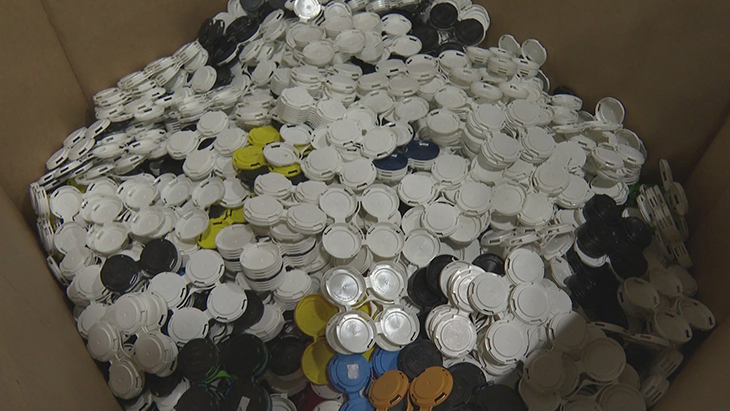
Consumers have to worry about recycling. The money spent oftentimes comes from their own pockets. As a result, this can be very costly. More importantly, governments and local officials just cannot impose this to anyone. Some people are more apathetic than others.
So, how exactly can local governments increase sustainable packaging and encourage recycling? Everyone must come together to make this possible, and that means that big corporations also need to jump on the bandwagon and become proactive.
At this point in time, places such as Maine may find themselves ahead of the pack. They are doing this because they have put the recycling costs on the producer rather than just the consumer. Maine can take pride as the first ever US state to hold companies responsible for the waste they create in the creation of the products they offer to the public.
What Maine is doing right now is essentially putting an import duty on the product packaging. They are telling the companies that there is a limit to how they can greatly rely on the traditional packaging. The residents and its municipalities all need to recycle the materials they’ve been using, and this joint effort could actually have a significant impact on the environment.
If the company has been using less-than eco-friendly materials for their packaging, they then need to pay a Stewardship Organization (SO) per ton of packaging that they bring into the state. The SO, return, looks at the costs and workload of recycling programs found around the area before reimbursing them. Of course, this will also highly depend on the amount and the type of material they are going to process. Prior to the law that was imposed, the only way for the state to raise money for recycling was placed on the taxes paid by everyone.
Sarah Nichols, Director at the Natural Resources Council of Maine, had an interview with WCSH News regarding this matter. She said, “It’s really designed to help tackle our waste crisis, get us to finally reaching our goal of recycling 50% of our waste which we set back in 1989 but never met.”
Nichols also hypothesizes that companies will do more when this law is imposed. They will either create eco-friendly packaging or have clear recycling instructions and labels on their products. Should this fully take place, this makes sure that more Mainers don’t put the wrong trash in the wrong bin. This is also about proper segregation, as some non-recyclable materials still do not have an alternative.
Right now, the more successful companies are also the more flexible ones. This means that they are better at adapting to the ever-changing market and the dynamic regulatory conditions without needing to sacrifice the profits that they make.
The small producers, on the other hand, go with a different set of regulations. These are companies that make less than $2 million gross or those who create less than a ton of waste per annum. They would be exempted from paying the taxes imposed. This could ensure that the state’s small business sectors aren’t unnecessarily burdened with the usual regulatory costs.
Nichols also stated that while Maine was the first state to pass a law such as this one, Oregon also has a similar one right now, and it is on its way to the governor’s desk. This is certainly not the last time we’ll hear of it, as some states are bound to follow.
What are your thoughts? Please comment below and share this news!
True Activist / Report a typo


